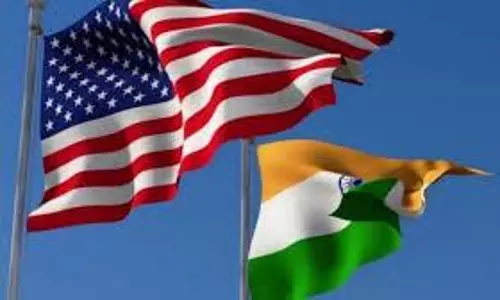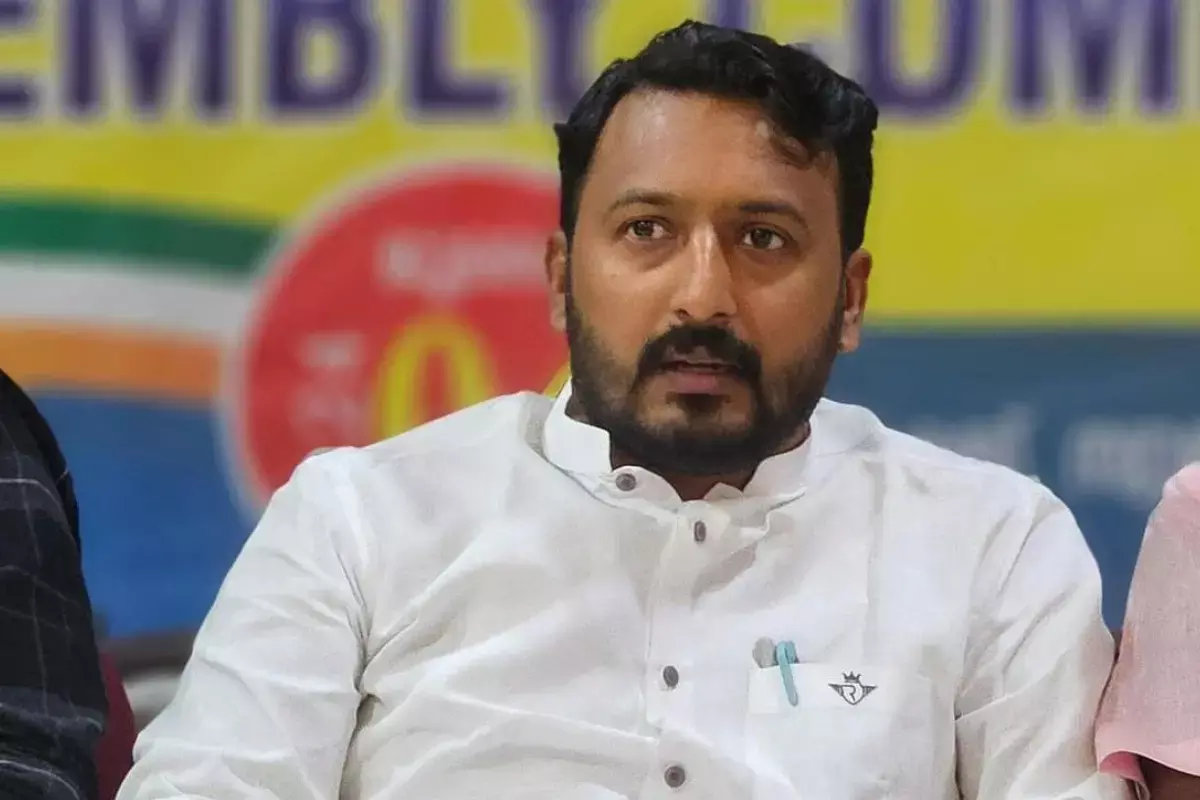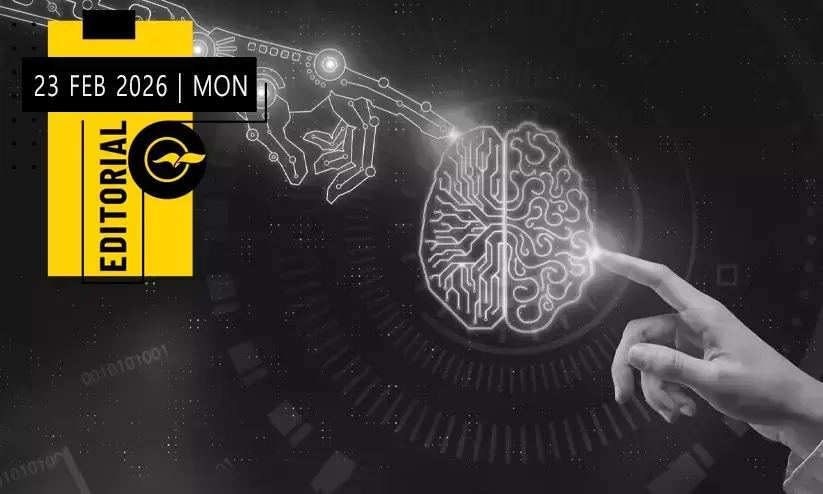
The court judgement is fair, but…
text_fieldsChief Justice of India Dipak Misra retired from his post on Monday.
His verdict which came before he stepped down from Supreme Court, is in step with the guidelines recommended in a verdict related to mob violence earlier by a bench headed by him. However, this verdict is likely to be crucial for a problem to which the nation has for long been trying to find a solution. In the backdrop of massive damages that occurred after the protests by Karni Sena activists against the movie Padmavat aggravated, an organization, Kodungallur Film Society had filed a petition. The apex court while hearing the petition, pointed out that the leaders who call for protests and violence were responsible for the damages that are caused by that.
The verdict also directs to take action against them under the Sections 153 A, 295 A, 298 and 425 of the Indian Penal Code. If a protest ends in violence and property has been damaged, the leaders of the organisations and conveners who organised it must appear at the police station to be questioned. Otherwise, action has to be taken against them by declaring them as absconding. For granting bail to a person who has been arrested for causing loss, inciting or abetting violence, an amount equal to the damage caused must be remitted. A task force must be deployed in every district to curb violence. Those who engage in acts of violence must be arrested at the site of the incident itself. The verdict incorporates notable suggestions such as curbing social media usage in areas of violence for a specificied period of time if required.
The situation in Kerala is such that even if any splinter party intends, a hartal can be used to bring civic life to a halt. Most recently, there was an instance of a hartal call via social media without parentage. And road blocks and violence are sure hallmarks of any hartal. In addition to strikes and protests posting a threat to peaceful life, they also turn into happenings causing damage to public property, vehicles, offices and their furniture. It was in the backdrop of a spate of bandhs without any control, that Kerala High Court declared bandhs unlawful. But what happened then? Bandhs got renamed as hartals and strikes. And to make them a success, road blocks, shutdown of shops by force and blockage of traffic became routine incidents.
Although any hartal call is accompanied by the ritual-like instruction that milk supply, newspapers and ambulance services will be exempted, those who call for the hartal or those who enforce it usually do not let go even vehicles carrying patients. Being sure that there will not be anyone to hold them to account, businessmen close shop, and bus owners withdraw services and thus make hartal a 'succcess'. And the usual practice is to manhandle those who refuse to co-operate and destroy their assets. Going by convention so far, organizational leaders who call for agitations and shutdowns, get themselves absolved by putting the responsibility of all this on the invisible and never-identified 'anti-social' elements. Despite the large number of cases of government-owned buses and offices being destroyed, there is not a single instance so far of any party or leader being punished for this. It is only the public that has to bear the brunt of it.
Ever since Fascists came to power in the Centre and in States, mob lynching and plain murders have become daily happenings. The polie become either spectators or an agency to catch the innocent and frame cases against them. Even after the apex court's judgement, incidents of lynching innocent on accusations of smuggling or selling cattle, are recurring unchecked. Although the court asked for a report on what action was taken to comply with its order within a set deadline, majority of the states pretended not to have even seen it. If rule of law is challenged to this extent in a democratic country, it means nothing but that the country is slipping to mobocracy or anarchy. Only if the Centre and states set out in right earnest to implement the latest court order, can we expect any positive change. In the circumstance when the ruling parties themselves become protectors of petpetrators, law-breakers and anti-social elements, what miracle can the Supreme Court verdict and directives bring?






















